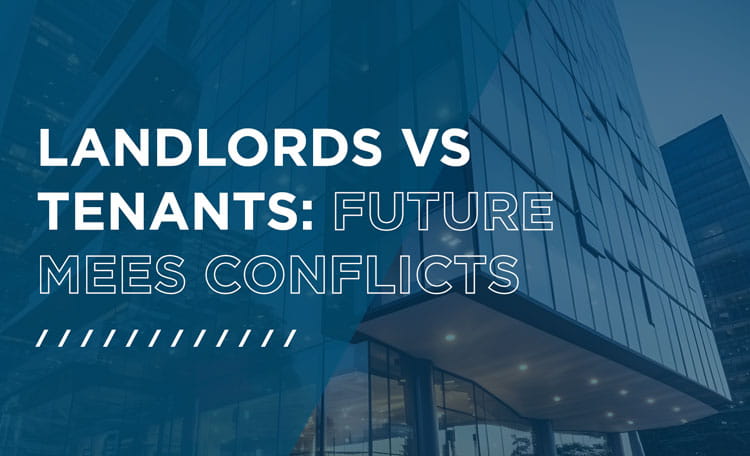VAT in respect of dilapidations is a complex subject with its own set of rules, regulations and case law. Opinions are usually divided, and much will depend on the circumstances.
Where a tenant is making a payment to a landlord in full and final settlement of its dilapidation liabilities, under HM Revenue & Customs (HMRC) rules, the payment is not a ‘taxable supply’ for the purposes of VAT. This is because HMRC deem the payment to be one of damages and not a supply of something. VAT may be payable if the landlord passes the payment on to an incoming VAT registered tenants. The exception to this relates to cases where HMRC detects any attempts at VAT avoidance, for example, where there is evidence of value shifting rent under the umbrella of a 'dilapidation payment'.
Why does HMRC deem the payment to be one of damages and not a supply of something? This is because HMRC have judged that the dilapidations payment is created from a lease obligation, and that obligation is not inevitable. Instead, it is the tenant’s default of that obligation which triggers the requirement to make a dilapidations payment. Therefore, the payment is not sufficiently linked to the supply of the lease, and subsequently the payment is not a ‘taxable supply’.
In HMRC ‘VAT Supply and Consideration’ internal manual it states:
“Another potentially difficult area are dilapidation payments which occur in the land and property sector. These vary in the way they are provided for but broadly they exist to ensure landlords are not out of pocket if buildings are not returned in the agreed condition at the end of a lease. Our policy continues to be that these are normally outside the scope of VAT”.
In simple terms, the following rules apply where a landlord is registered for VAT purposes.
- A Landlord may decide to “elect to waive the exemption from VAT”. This is also known as "opting to tax” or “opting to charge VAT. This relates to the property, the lease, and all supplies such as rent. (i.e. supplies that the tenant is receiving).
In this instance, it will not be appropriate to include VAT as part of a dilapidations claim. The Landlord can then recover the VAT. - Conversely, If the landlord does not so elect, (VAT exemption has not been waived) the lease and the rents are exempt from VAT. Therefore, the opposite is true where a landlord cannot reclaim VAT and therefore VAT may need to be added to the dilapidations claim. There are some exceptions which are shown in the diagram. These relate to a landlord being able to claim back VAT through other trading operations or intends to do the works.
Note: Professional fees in relation to preparing, serving, and negotiating a dilapidations claim may attract VAT.
So, the first issue to establish is whether the landlord is registered for VAT. Is the landlord required by VAT law to charge VAT on its normal business transactions such as rent receipts? If so, has it elected to waive VAT exemption on the specific building that is subject to the dilapidations claim?
Once this has been established, a simplified VAT analysis might follow the steps shown in the diagram.

The Dilapidations Protocol requires that the claim establishes what the landlord’s intentions are and that it also states the landlord’s and/or the demised property’s VAT status. A basic understanding of the VAT issues is therefore necessary to prepare an accurate claim as defined in the Protocol.
This article is drafted to introduce VAT in dilapidations, and given the complexity of VAT, we recommend advise is sought from a tax expert.









